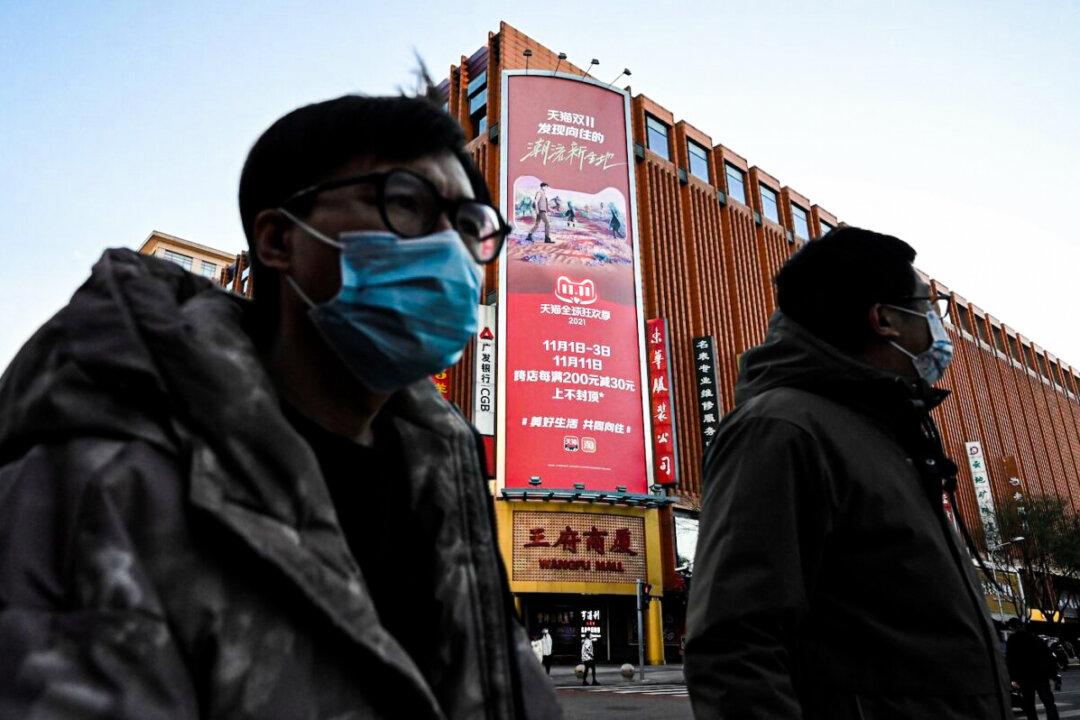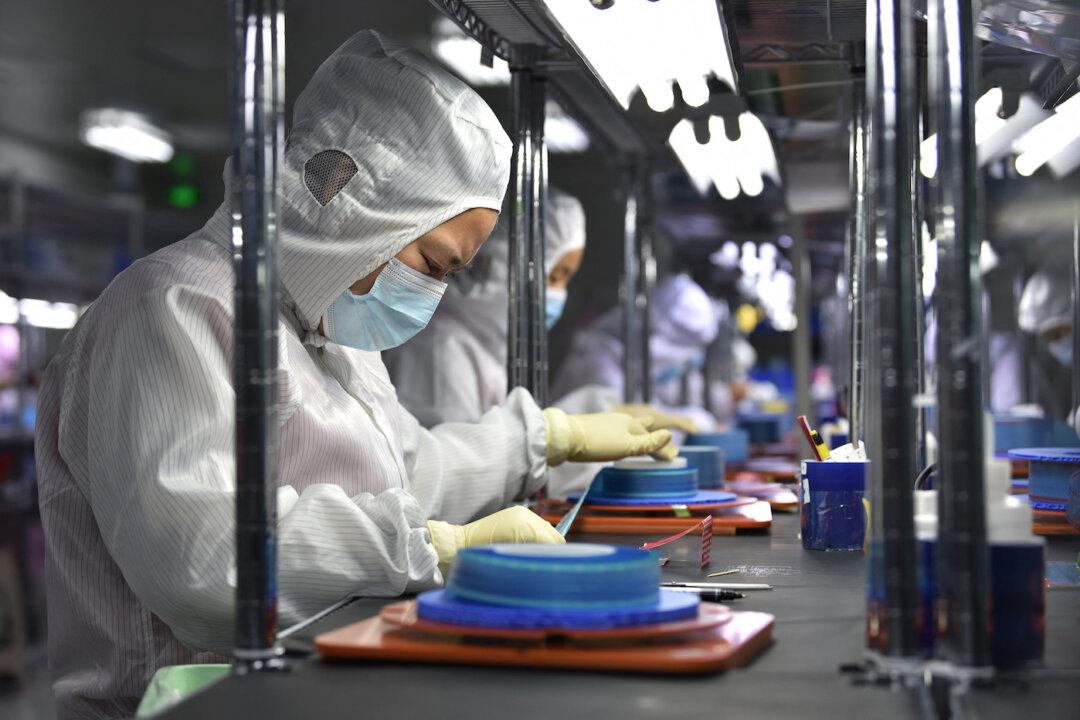News Analysis
The Chinese regime, struggling with economic malaise and trillions in insolvent debts, has restructured its tax system to boost revenues. Per the reforms, which come into effect on Jan. 1, new measures will be introduced to tax wealthy individuals and crack down on tax evasion. Meanwhile, corporate taxes will be reduced so as to aid struggling firms and encourage innovation.





